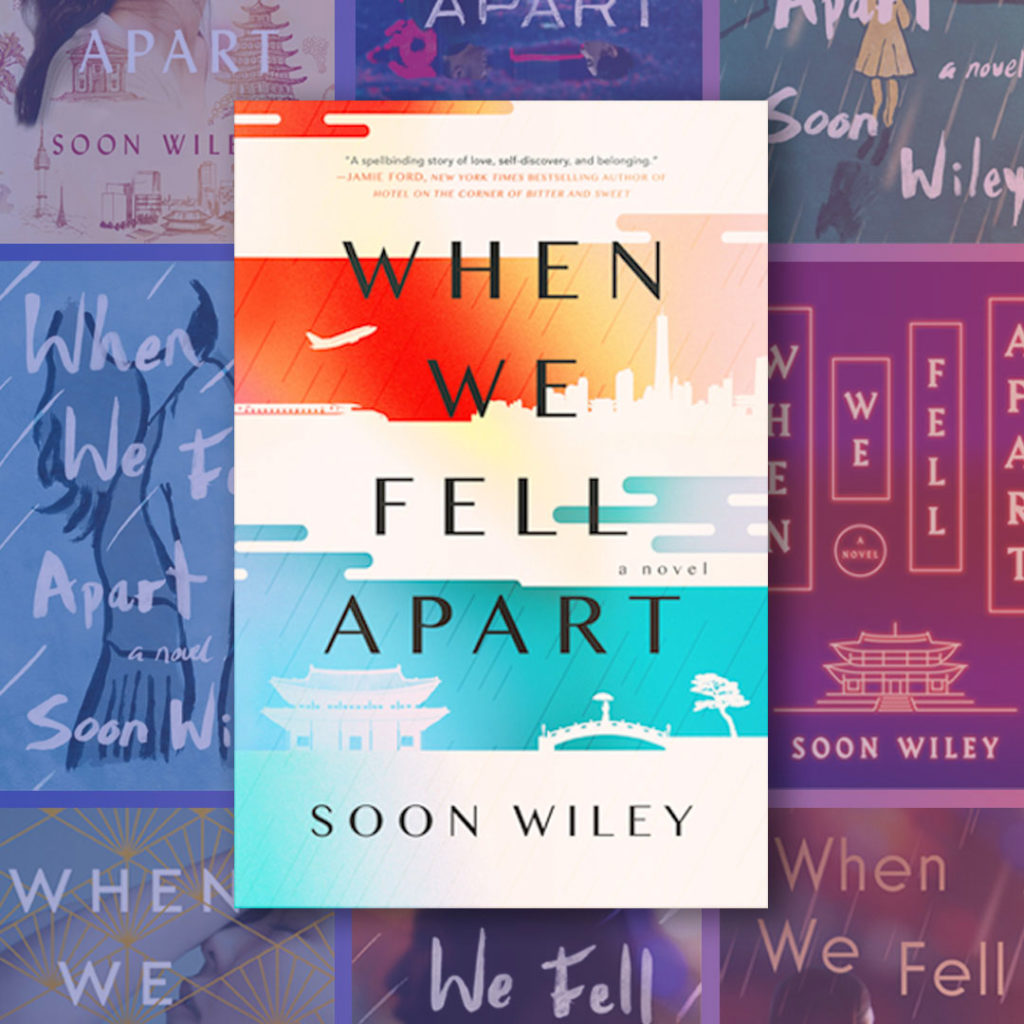- These are books school systems don’t want you to read, and why
- Barcelona honours Gabriel García Márquez with new library
- 10 Essential Books About Writing
- Millennial and Gen Z nostalgia is bringing back book sales, indie bookstores, and Barnes & Noble
- Is There an Inherent Connection Between Sadness and Art-Making?
- What Happened to the Own Voices Label?
- The Evolution of a Book Cover: When We Fell Apart by Soon Wiley
- Why the Mystery Novel Is a Perfect Literary Form
These are books school systems don’t want you to read, and why
Now that “the United States is facing an unprecedented wave of schoolbook banning,” it’s almost impossible to keep up with the latest news on this movement. Here’s an update from The Washington Post.
Categories: Censorship, Libraries
Barcelona honours Gabriel García Márquez with new library
“The Colombian Nobel laureate, who lived in the city from 1967-75, is to have a €12m building specialising in Latin American literature named after him”
Categories: Author News, Libraries
10 Essential Books About Writing
These aren’t your mother’s books about writing, of course, since this is a BitchMedia offering.
Category: Writing
Millennial and Gen Z nostalgia is bringing back book sales, indie bookstores, and Barnes & Noble
Here’s a report from Business Insider:
Alexandra Lange wrote in a recent Bloomberg article, citing a number of stats: book sales are up 13% year-over-year, more than 172 indie bookstores opened in the US last year, and Barnes & Noble is rapidly expanding. Helping to turn this new page in the book business are the Gen Zers discussing book trends on TikTok and millennials who are nostalgic for the big-box bookstores they grew up with, Lange reported reported.
Categories: Bookstores, Reading
Is There an Inherent Connection Between Sadness and Art-Making?
“Is creativity associated with sorrow and longing, through some mysterious force?” asks Susan Cain in this excerpt from her recently published book Bittersweet.
Category: Nonfiction
What Happened to the Own Voices Label?
“On the origins and evolution of the own voices label, from it’s well-intentioned beginnings to its eventual weaponization.”
On Twitter in 2015, Corinne Duyvis, a white, disabled, bisexual author from the Netherlands, coined the hashtag #OwnVoices. A SFF YA author, she was initially looking for kid lit book recommendations. Her hashtag would have a broad impact on offline and online conversations and the publishing industry in general. It went viral across genres, age groups, and marginalized identities. Duyvis later clarified that any marginalized author could call their fiction own voices, “as long as the protagonist and the author share a marginalized identity.”
Grace Lapointe, who describes herself as “white and disabled,” writes that “Non-disabled relatives, friends, and doctors of disabled people are often considered experts on disabled people, over our own lived experiences.” Here she looks at how the own voices movement has changed since its introduction.
Categories: Publishing, Writing, Reading
The Evolution of a Book Cover: When We Fell Apart by Soon Wiley
“Designers share their process for creating a memorable cover”
Penguin Random House writes about the process of “creating cover art that furthers the mission of the book.”
Category: Publishing
Why the Mystery Novel Is a Perfect Literary Form
Author David Gordon discusses why he believes “if there is one genre form that attains a kind of Platonic perfection, the genre of genres, I believe it has to be the mystery, specifically the detective story.”
Categories: Story, Reading, Writing
© 2022 by Mary Daniels Brown


